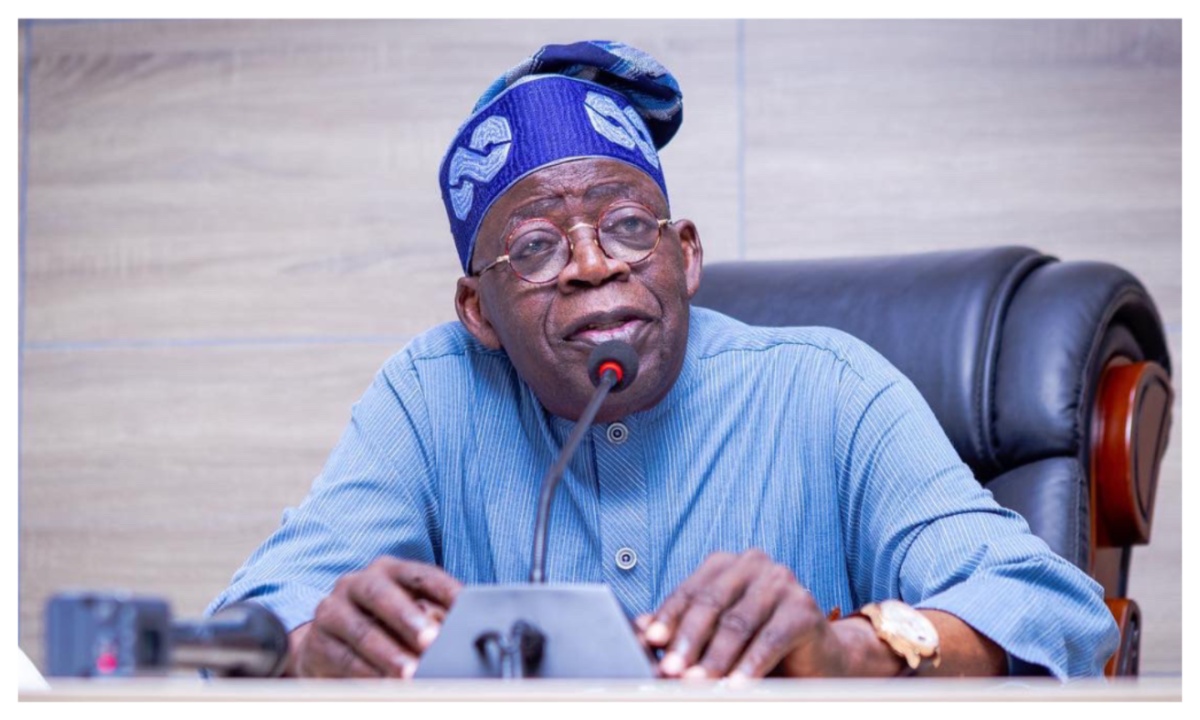Nigeria’s President Bola Tinubu has restated his administration’s dedication to developing the country’s maritime industry, positioning it as a strategic alternative to fossil-fuel dependence.
He made the remarks during a meeting with Arsenio Dominguez, Secretary-General of the International Maritime Organisation (IMO), in Lagos.
President Tinubu hailed the adoption of the National Maritime Policy, describing it as a conscious effort to embed global best practices and enhance the competitiveness of Nigeria’s maritime sector.
The newly ratified policy is intended to guide and regulate the sector’s operations, safety, and security standards.
During the meeting, the IMO Secretary-General commended Nigeria’s improvement in maritime safety and security, especially its efforts to safeguard the Gulf of Guinea — a region long beset by piracy, illegal fishing, and other maritime crime.
Tinubu, who received the IMO delegation alongside the Minister of Marine and Blue Economy, Adegboyega Oyetola, expressed Nigeria’s readiness to work with international partners to sustain and deepen these gains.

Also present were senior figures from key maritime agencies, including the Nigerian Maritime Administration and Safety Agency (NIMASA), the Nigerian Ports Authority (NPA), and the National Inland Waterways Authority (NIWA).
Commentators see the move as part of a broader push under the “Blue Economy” agenda, which seeks to leverage Nigeria’s coastal and marine resources for economic growth, job creation, and environmental protection.
The creation of the Ministry of Marine and Blue Economy—a relatively recent development—is seen as instrumental in this transformation.
Among the policy’s priorities are improved regulatory frameworks, investment in port infrastructure, and expanded maritime safety measures.
Tinubu’s administration is also looking to strengthen cooperation with international bodies such as the IMO and to draw on foreign expertise, while ensuring Nigerian maritime agencies are equipped and motivated to enforce standards.
Experts say that if fully implemented, these initiatives could help reduce Nigeria’s reliance on oil revenues, diversify its economy, and stimulate growth in coastal and riverine communities.
However, success will depend on consistent funding, transparency, and the government’s ability to hold institutions accountable.


 Trending
Trending 










